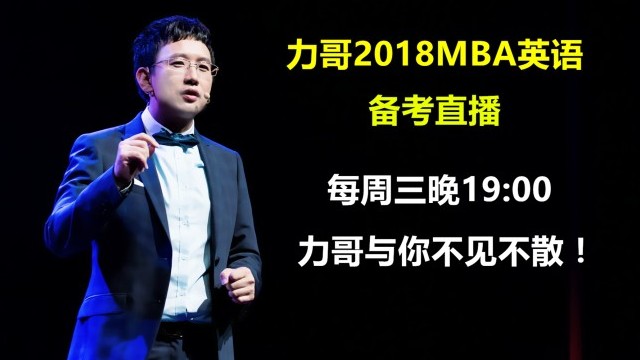博士生入学英语考试协作部分试题说明作文二
万能框架
As is implied in the table (or cartoon) and well known to all of us, … Take … in the table(cartoon) for example, it’s … for the … to… But when…
On the other hand, there do exist some… that… They are making all possible means to … and trying their best to… Compared with what those… , It’s a pity that… And what’s more, with the deepening and furthering of our country’s opening and reforming, more… are allowed to… With China entering the WTO, … are also permitted to … If still blind to this, the … is sure to … So, it’s urgent and essential for … to analyze… more rationally and macroscopically.It must keep in mind that … should never be unheard.
Although the condition is unsatisfactory now, with the awareness of the …in the table (or cartoon) and all the society efforts, improvement and an even brighter future are not only possible but also inevitable.
三 历年考试中存在的典型问题分析
1. 不会审题,偏离主题。
2. 汉语思维,逐字翻译。常见考生用汉语构思文章,同时将汉语句子硬译成英语。
3. 用词搭配不当。
4. 词汇量小,表达困难,拼写错误。
5. 句法逻辑关系混乱。例如:Our English class often told stories.正确的应是:
Stories are often told on our English class.
6.不会用关联词转承上下句和段落。关联词即过渡词,使用过渡词,可使上下句子和段落合理衔接,承上启下,使表达合乎逻辑,常见过渡词如as far as, however, well, though, in spite of 。
7. 语法错误。 主要表现为:
(1) 分不清及物与不及物动词,例如:rise, raise; hear, listen
(2) 被动语态和主动语态的误用,例如: interesting和 interested
(3) 词类混淆,将动词或形容词误用作名词,将名词或动词误用作形容词,例如:
benefit 和beneficial; difficult和 difficulty; pleasure 和pleased等。
(4) 混淆可数名词和不可数名词,例如: help,practice等。
(5) 冠词、情态动词、介词、代词等方面的错误,例如:
- 相关热点:
- 四六级考试时间











